Cultural Anthropology and Online Communities
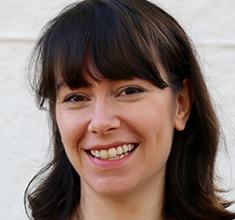 “The branch of anthropology concerned with the study of human societies and cultures and their development.” That’s cultural anthropology, per Oxford.
“The branch of anthropology concerned with the study of human societies and cultures and their development.” That’s cultural anthropology, per Oxford.
Elizabeth Koenig has a degree in cultural anthropology. She’s also an account manager at The Social Element (formerly Emoderation), where she manages teams of moderators and community engagement specialists that scale based upon client needs. We talk about how cultural anthropology applies to online communities. Plus:
- What happens when companies rely on automated moderation too much
- How to motivate community pros to invest in client communities when they don’t choose the clients
- Why The Social Element, a company powered by a remote workforce, has a strong workplace community
Continue reading “Cultural Anthropology and Online Communities”
 According to our guest on this episode, much of the news industry is engaged in a battle they can’t win, a fight over eyeballs and ad revenue with companies like Google and Facebook, where the terms will get worse and worse as time goes by.
According to our guest on this episode, much of the news industry is engaged in a battle they can’t win, a fight over eyeballs and ad revenue with companies like Google and Facebook, where the terms will get worse and worse as time goes by.
 One of the reasons that companies get acquired is because of the community they have. The loyal customers, the active members, the people that are directly tied to the revenue that the company generates. When a company with a strong community is acquired, what should the new company do with their community team?
One of the reasons that companies get acquired is because of the community they have. The loyal customers, the active members, the people that are directly tied to the revenue that the company generates. When a company with a strong community is acquired, what should the new company do with their community team?
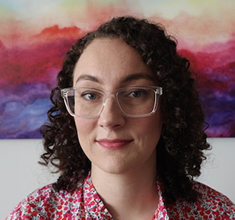 Last month, a man
Last month, a man 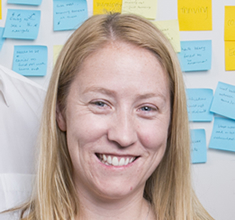
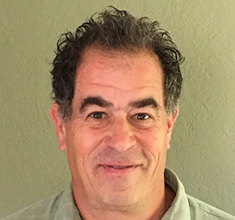 I define community in two ways: 1. Community on a specific platform, like a Facebook group or a forum. 2. Community that connects around a topic, interest or pursuit in a decentralized way, across multiple platforms.
I define community in two ways: 1. Community on a specific platform, like a Facebook group or a forum. 2. Community that connects around a topic, interest or pursuit in a decentralized way, across multiple platforms.
 Gaming is a vertical that has a massive footprint in the online community space. Gamers took to online communities really early, and have been using online tools to connect for as long as pretty much anyone else.
Gaming is a vertical that has a massive footprint in the online community space. Gamers took to online communities really early, and have been using online tools to connect for as long as pretty much anyone else.
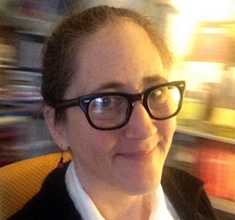
 The reason that people come to your community impacts how you manage that community. It is one of the factors that guides the choices you make and the strategies and processes that you deploy.
The reason that people come to your community impacts how you manage that community. It is one of the factors that guides the choices you make and the strategies and processes that you deploy.